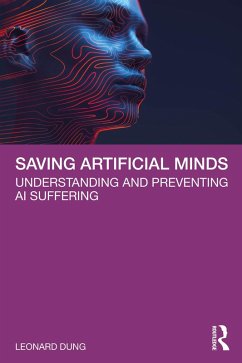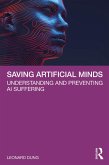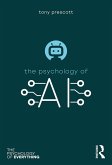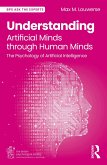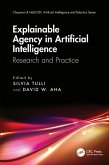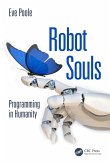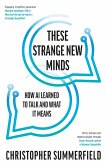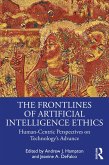AI systems are currently treated as mere objects, not as bearers of moral standing whose wellbeing may matter in its own right. However, we may soon create AI systems which are capable of suffering and thus have moral standing. This book examines the philosophy and science of AI suffering risks. Its investigation is deeply grounded in philosophy of mind, comparative psychology, the science of consciousness, AI research, and applied AI ethics. The book has three primary goals:
- It argues that there is a significant probability that we will soon create AI systems capable of suffering
- It presents the first systematic assessment of approaches for reducing AI suffering risks
- It provides a rigorous overview and discussion of the most important research and ideas on AI sentience, AI agency, and the grounds of moral status
Saving Artificial Minds is essential reading for researchers and graduate students working on the philosophy or ethics of AI.
Dieser Download kann aus rechtlichen Gründen nur mit Rechnungsadresse in A, B, BG, CY, CZ, D, DK, EW, E, FIN, F, GR, HR, H, IRL, I, LT, L, LR, M, NL, PL, P, R, S, SLO, SK ausgeliefert werden.

